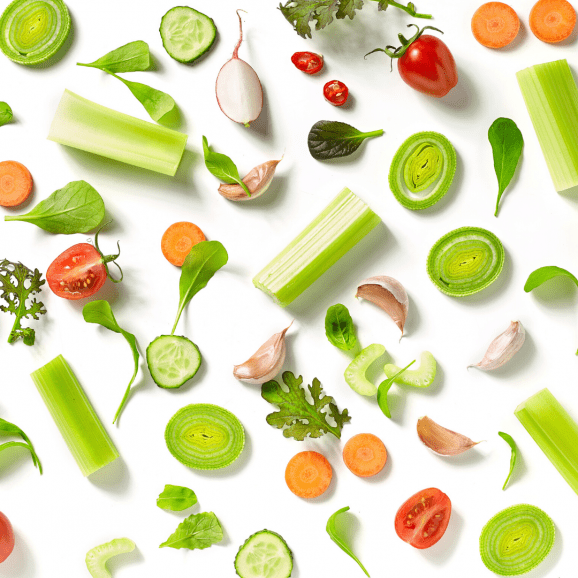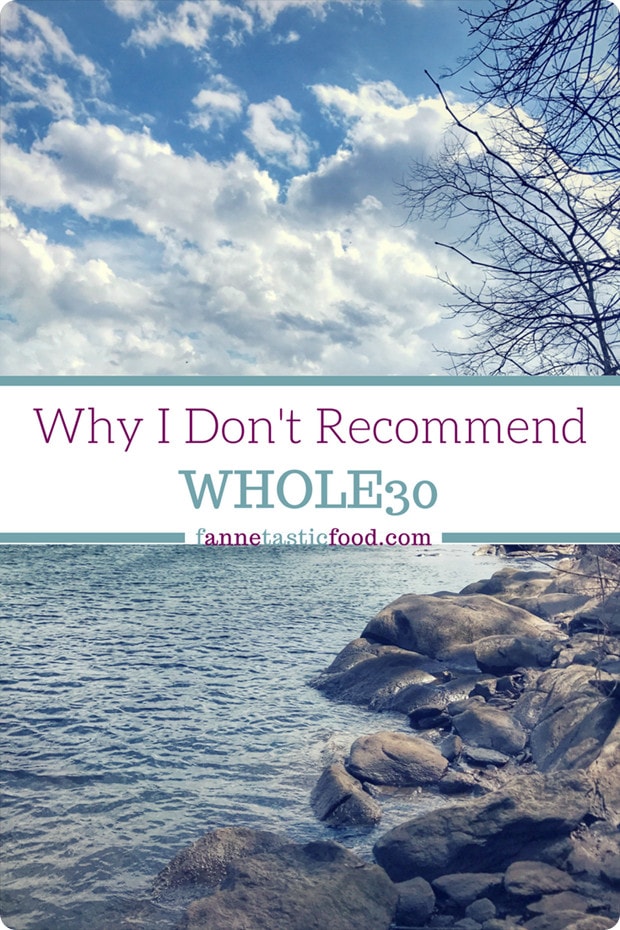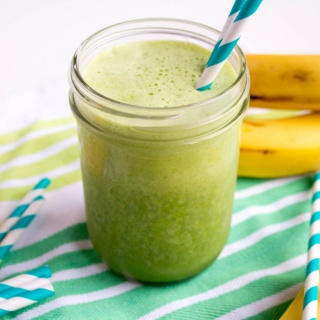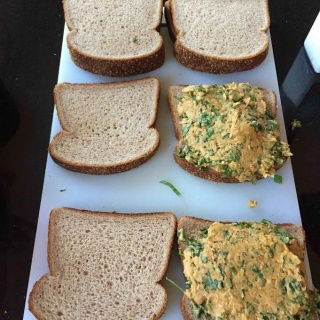I’ve been wanting to write this post for a long time, and hearing about/meeting more and more people who are trying Whole30 finally gave me the motivation I needed to put this into words.
I’m just going to say it: I don’t recommend Whole30. Here’s why.
If you have no idea what I’m talking about, Whole30 is a 30 day diet program during which participants are instructed to completely avoid sugar, alcohol, dairy, grains, and legumes. It’s very similar to paleo. I get that some people use Whole30 as a way to uncover food intolerances, and that’s not what I’m talking about in today’s post – this is geared towards those who are looking at Whole30 as a diet/weight loss tool.
Is Whole30 healthy? Absolutely. I don’t think eating that way will leave you with any nutritional deficiencies, nor do I believe that humans have to eat dairy or grains to be healthy. I actually love and frequently make/consume a lot of “Whole30 approved” and/or paleo recipes and meals, as you guys know – they are often creative, delicious, and packed with whole, real food.
My problem with Whole30, and other restrictive programs, is the fact that you’re being told you “can’t” eat certain foods. Sure, you might be able to avoid specific foods that you love for 30 days, or even a little longer. But what ends up happening is that when something is off limits, you want it even more. And when you do give in and have it, either during the program or once it’s over, you will likely feel pretty guilty about it.
The guilt/permission is the big problem with any sort of restrictive diet, Whole30 or otherwise, that is being done without medical necessity. Even if you tell yourself that you are allowed to have a certain food again once the program is over, knowing that it was off limits for awhile will give it a sort of “bad/cheat food” type aura. And when you do inevitably have that food again, this guilt will lead to a couple things.
First, you probably won’t enjoy the food because you feel guilty. And second, you will likely end up eating more of it than you need/want, because there’s that sort of “screw it” mentality where you’ve already started eating something you “shouldn’t” have so you might as well keep going. This can often turn into a sort of ongoing restrict/binge cycle over time, where you limit certain foods and then end up overdoing it on those foods later, before going right back to restricting/trying to be “good”.
Am I saying that no one on earth can do Whole30 without it turning into disordered eating? Of course not. There are some people that will do the program, move on, and be fine, or even benefit from it. But more often than not, at least a little of that guilt will remain, which can lead to something more serious.
Of course, it’s important to be mindful with your food choices and eat in a way that feels best for you – I’m not suggesting making 95% of your diet sugar, processed wheat, and alcohol. But I believe that eating without arbitrary food rules is important. If you want a kale salad, have the kale salad. If you want a cupcake, have the cupcake, but serve it up without a side of guilt. Eat it slowly and mindfully and savor it, then move on.
Another thing to think about – why are you doing a restrictive diet in the first place? Is trying to change/control your body a convenient way to avoid other problems in your life? As I said before, I realize that some people do Whole30 and other elimination type diets to try to determine the causes of gastrointestinal or other health issues. But if you are doing it because you think that your life will be perfect if you could just lose xx pounds, it’s time to consider what’s going on there. You can be happy right now, just as you are – you don’t have to wait until you lose weight to lead a life you love. If you’re interested in exploring this more, click here for a free downloadable worksheet titled “The Thin Fantasy” – it will help you to examine how some of your beliefs about your body may be holding you back from living the life you want to – regardless of your size.
—
Related posts here on the blog you might find useful:







